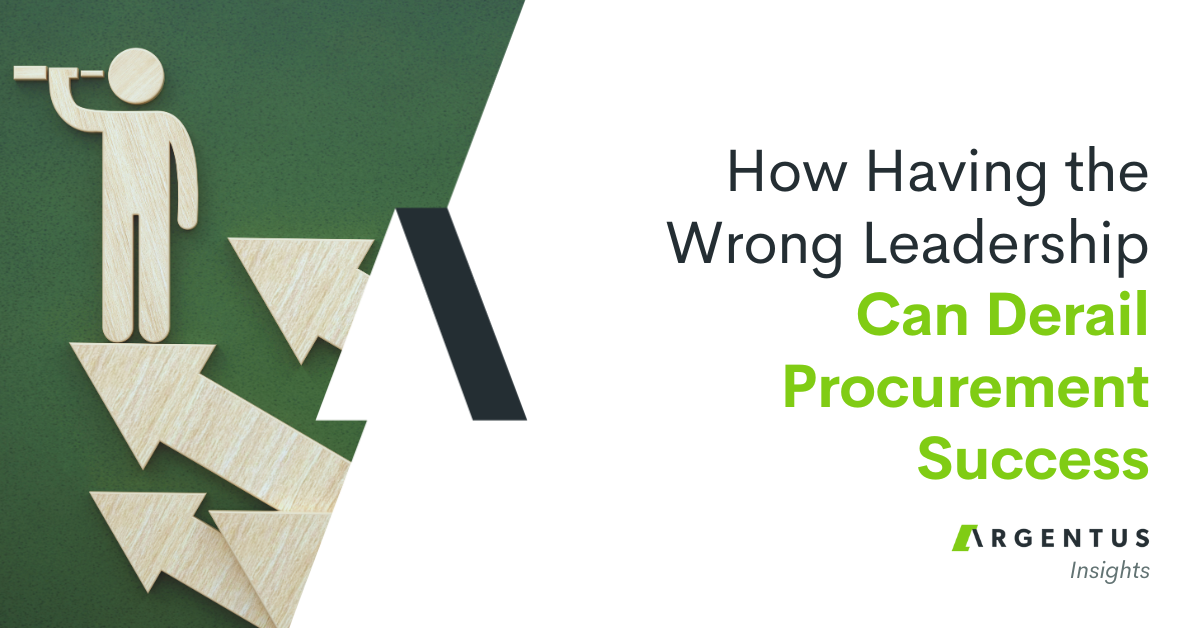Roger Eacock has extensive supply chain experience in a variety of industries, including food, consumer goods, technology, apparel, health care, 3PL, and business consulting. He’s a change management expert with a focus on sustainability in global supply chains, and is well-versed in creating successful, high-functioning supply chain teams.
In our first part of the interview published last week, we spoke with him about where he’s finding a skill gap in the market and the difference between supply chain and other business functions from a talent perspective. Today, we share the second half of the interview and discuss Roger’s industry expertise about sustainable supply chains and the immense financial and environmental benefits that green supply chain initiatives can offer organizations.
How Sustainability Can Lead to Supply Chain Cost Savings: A Case Study
We talked with Roger about sustainability in supply chain and how, if you follow lean principles, you can dovetail sustainability initiatives with cost savings. “You start with lean for sure,” Eacock says. “For a bit of background, sustainability really got a huge jump in the market in 2006-2007 when Al Gore’s documentary An Inconvenient Truth hit the theatres. There were a lot of corporations driving things in terms of social responsibility.
“The problem after that was that when the recessionary period hit, a lot of companies cut back and those were the areas they cut back on. But organizations that got it, then and now, understand that you can reduce your costs by reducing your environmental footprint.” Roger provided us with a great example of such an initiative that he led in one of his roles:
“At one of the organizations where I worked, we evaluated waste streams coming from one of the plants. This was a food plant that produced food fiber—turning oats into fiber for other foods. The waste stream that came out of the plant was water with bioparticles in it. It’s not toxic, it’s just cloudy. The problem was that the plant was located in a small community. The water treatment facility couldn’t handle the plant, so they put the water into a settling pond. The solids would settle to the bottom and go through a dredging hose that sucked them out into a dredging truck. The solid would be a mulch, which the trucks would deliver to farmers’ fields as fertilizer. Which is great, but it would create an odor in the community with methane, a greenhouse gas, rising from the pond.
“We looked at how much gas was coming off the pond, and we ended up tenting the pond and capturing enough gas to charge the plant. We put in an anaerobic digester, which is a huge tank that has bacteria that eats the organic matter and creates a gas upstream from that. With a $280,000 capital expenditure, this initiative paid back $440,000 after the first year. When you look at the overall picture, we had a green initiative on one stream and lean principles on the other; the goals and end result were the same: eliminating waste.”
________________________________________________________________________________________________________
Thanks to Roger for speaking with Argentus. We hope our readers found this interview to be as an informative and insightful exploration of current talent issues and opportunities in supply chain as we did. Check back in the coming days and weeks as we interview more supply chain executives and senior professionals about hiring challenges, business intelligence, and unique opportunities in the field!




0 Comments